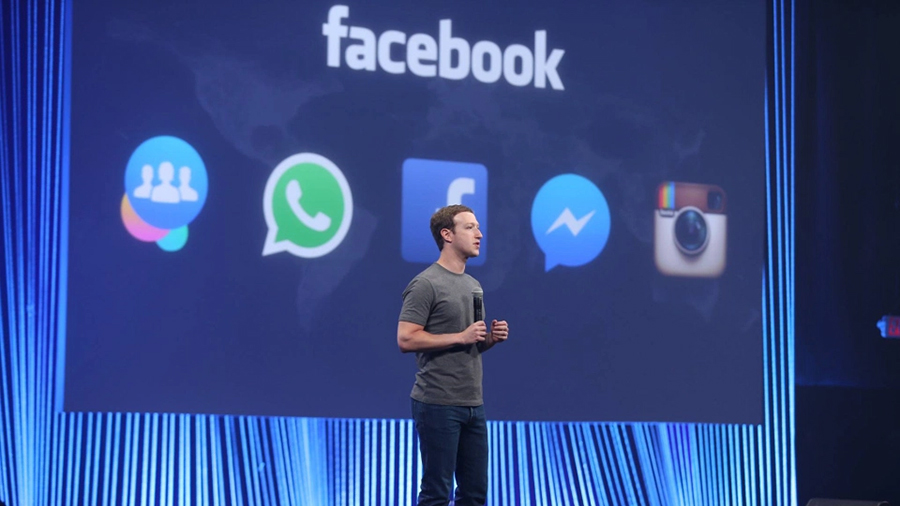Facebook encourages influencers to speak out against extremism
Is "counter speech" the best way to counter ISIS and right wing extremists?

What's the best way to defeat ISIS online? It turns out that the answer might be to offer advertising credit to people to encourage them to "counter speak", and speak out against extremism.
Facebook has revealed some of the experiments it has been conducting into the best ways to reach extremists, and persuade them that violence is a pretty terrible idea.
The Wall Street Journal reports on the moves, which have been discussed most recently by the company's global head of policy Monika Bickert, during discussions about tackling hate speech, who revealed some of the strategies being tested.
In order to help counter-extremists, Facebook has been experimenting by bending the rules and allowing former Islamists and right-wing extremists to create fake Facebook accounts (which normally aren't allowed), so they can log on to the groups and pages they used to post on, and try to subtly persuade the people there of the error of their ways.
Apparently the researchers found that contrary to expectations, the dialogue they initiated lasted much longer than expected. Which is surely a good thing.
Mad Men vs Mad Men
The company has also tried dishing out free ad-credit worth up to $1000 to counter-speech groups. In one experiment, German comedian Arbi el Ayachi was able to publicise a video debunking a myth that had spread amongst right-wing extremists that Halal meat is poisonous to Christians.
And in a third experiment, Facebook partnered with the US State Department and a company called Edventure Partners which offered cash and ad credits to college students to create messages against extremism.
Get daily insight, inspiration and deals in your inbox
Sign up for breaking news, reviews, opinion, top tech deals, and more.
"We need narratives that promote tolerance, peace and understanding," Bickert is quoted as saying. "Those narratives can't come from us. Those voices are you."
It'll be interesting to see if any these strategies are adopted more widely and also if other platforms take such a strong stance against extremism.
(Via The Verge)